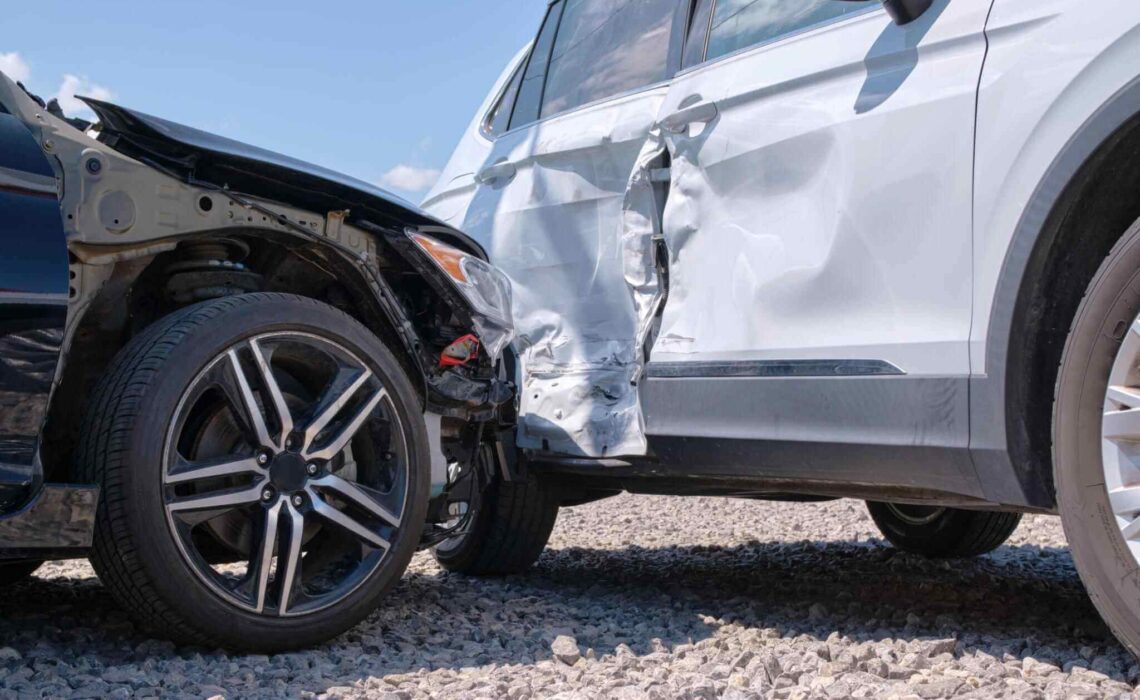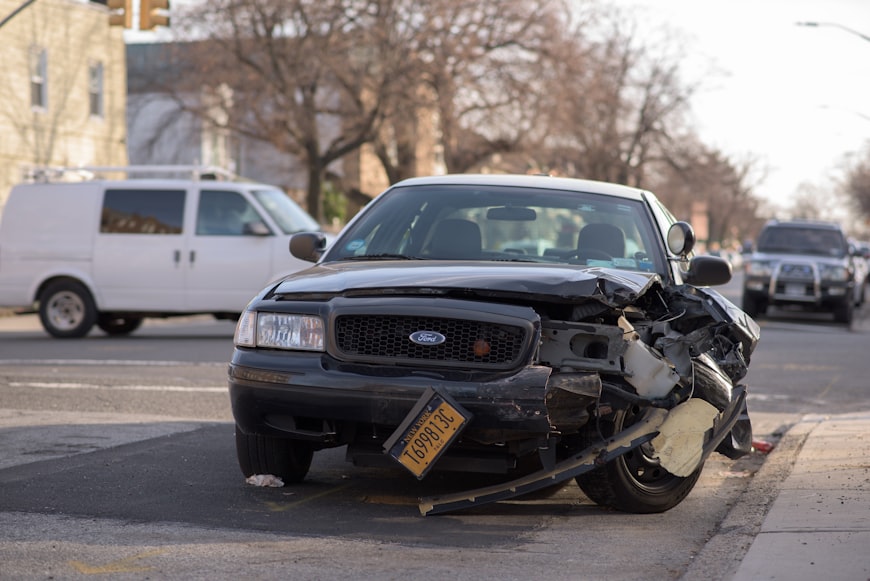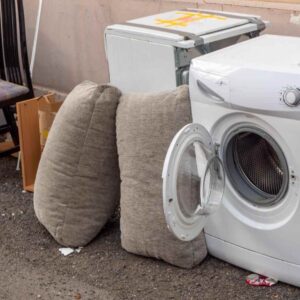New Jersey is a no-fault state, which means that if you were involved in a car accident, you have a limited ability to sue the other driver. However, you will be covered by your Injury Protection (PIP) insurance, which means your claim will be paid quickly and you will not need to wait for lengthy court cases to be resolved.
It’s best to understand what that means before moving along with any case. These details are important to help build a strong case in your favor.
How does PIP in NJ work?
Table of Contents
The Personal Injury Protection will cover your medical expenses and all the other accident-related costs like lost income, funeral expenses, and transportation to medical visits. In addition, the coverage will also pay for the medical expenses of passengers who were in your car up to your coverage limit, regardless of who is responsible for the crash.
Therefore, even if you are responsible for causing the accident, you may still receive compensation under your auto insurance policy. However, if you are responsible for causing the collision, you may not be eligible to file a separate personal injury claim against the other motorist who was involved in the collision.
Is personal Injury Protection required in NJ?
Personal Injury Protection is mandatory for every driver in NJ. Thus, you cannot legally drive on any public road in NJ if you do not have personal injury protection coverage as part of your policy. There is a Standard Auto or Basic policy. The basic policy covers up to $15,000 in medical expenses per individual, per car accident. The standard auto policy provides more benefits in addition to medical costs. This includes essential services, lost income, and death benefits.
In addition, the minimum required limit for personal injury protection coverage is $15,000 but you can purchase up to $250,000. In addition, the money is usually paid quickly and you can receive it anytime from 30 to 60 days. If a victim sustains catastrophic injuries, then he or she may be eligible to receive up to $250,000 in medical expense coverage. The injuries which are deemed catastrophic include dismemberment, spinal cord injury, disfigurement, permanent brain injury, and acute injuries which require emergency treatment.
What medical bills are eligible under the policy?
For a victim to be covered by the insurance, then their medical treatment must be deemed medically necessary. Therefore, some of the treatments may be covered by the policy. These treatments include surgery, medical treatment, diagnostic services, rehabilitative care, medication, hospital expenses, ambulance services, or other necessary transportation.
These situations are out of your control and you need to be compensated for them appropriately. Understanding these details can benefit you when you need to build a case.
Can I sue after an accident in NJ?
Your ability to sue the negligent driver will depend on how severe your bodily injuries are. If you are thinking about initiating a claim against the careless parties that caused the accident and your subsequent injuries, then you should contact an experienced lawyer who can explain to you your rights and options.
They will go through the process step by step to understand where you are coming from. Once you go through the proper consultation, that’s when they tell you whether you have a case or not. If the legal team wants to pursue the case, then you have a representative for that whole case. They will make sure no details get left behind and you get the justice that you deserve.
Conclusion
If you were a casualty in an auto accident, then you may qualify for personal injury protection benefits. In addition, if you had a passenger in your car at the time of the collision and they got injured, they will also be eligible for PIP benefits as a passenger because your policy will cover their medical expenses as well.
This can be helpful especially when the accident wasn’t your fault. It’s best to be covered as much as you can. If you have a strong enough case, you can bring it to a competent lawyer to review.
- How To Create A Safe And Comfortable Home Environment For In-Home Care In Boca Raton? - July 16, 2024
- 10 Trendy Black Nail Ideas To Elevate Your Nail Game - May 6, 2024
- Getting A Free Divorce In Virginia? Here’s What To Expect - April 24, 2024






No Comments